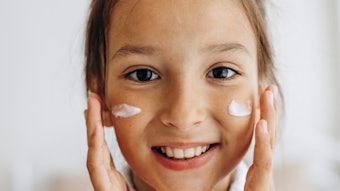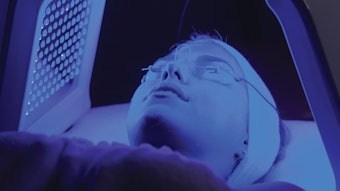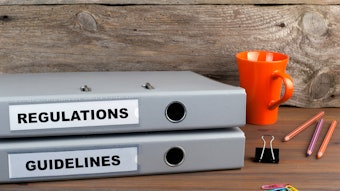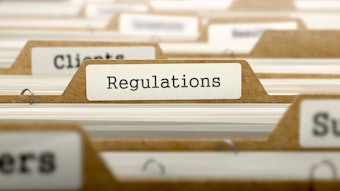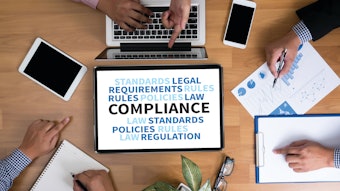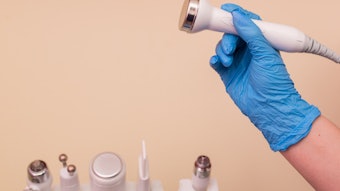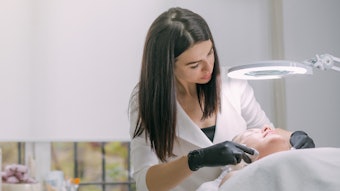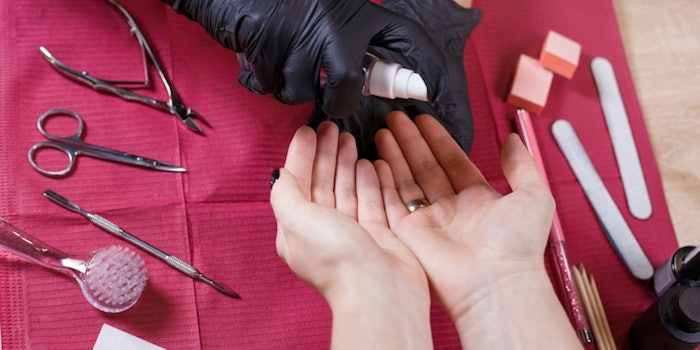
Spas, salons and barbers along with other non-essential businesses are allowed to reopen in Georgia starting on Apr. 24, 2020. This is good news for some, as they enact the guidelines established by the Georgia State Board of Cosmetologists and Barbers. Others remain hesitant to reopen, with some still choosing to keep their doors shuttered until the situation improves further.
For example, The Elaine Sterling Institute in Atlanta will reopen May 18, but has chosen to wait to reopen the student clinic for appointments until June 1. Also in Atlanta, Naturophoria has chosen to wait until further notice to open to assess the situation and gather the proper equipment.
Whichever side of the fence you are on, we must all agree that safety precautions must be taken while reopening to prevent further transmission of COVID-19 and keep infection rates down. Below is a brief synopsis of the guidelines recommended by the Georgia State Board of Cosmetologists and Barbers. While additional states get ready to reopen, spa practitioners should be knowledgeable on these guidelines as they prepare to open for business once again.
At the Entrance
It is important to limit the clients you allow into your spa to lower the risk of transmission. It is recommended to take clients by appointment only, and have them wait in their car before entering at their scheduled appointment time. When in the spa, have clients and staff maintain social distancing guidelines. Take clients' temperatures, and have them rebook if they have an elevated temperature. Ask them if they have a cough, fever, have been around anyone sick in the past 14 days. If they have, have them rebook. Have masks available for clients if they don't walk in with one. Have hand sanitizer also available for clients and employees at multiple locations. Have signage throughout the spa encouraging social distancing and notifying the client of increased sanitation measures.
Protective Gear
It is recommended that employees must wear a mask and gloves at all times, changing gloves between each service. In addition, smocks or aprons should be worn by the practitioner and laundered or thrown away (if disposable) after each client. Practitioners should take the same care with client linens, drapes and headbands, laundering or throwing them away after each use. Practitioners should wear face shields if available and, of course, wash their hands with warm, soapy water (we know you are already doing this!) frequently for 20 seconds.
Disinfection
We recommend reviewing all of the board's guidelines for disinfection in detail, as they are numerous. However, in general, make sure to disinfect all surfaces before opening and between each client with a disinfectants that are EPA–registered and labeled as bactericidal, virucidal and fungicidal. Make sure you follow guidelines to let the disinfectant dry. While treatment areas are of great importance, don't forget to disinfect waiting rooms and reception areas often. Disinfect all door handles and other areas regularly touched by people. Disinfect the retail area and products. Ask clients not to touch products they do not intend to purchase and remove or discontinue testers. All surfaces of treatment rooms, bathrooms and pedicure stations, etc. should be cleaned and disinfected after each client. Be sure to disinfect the wax pot between refilling.
Do not forget about tools. All hard, non-porous tools should be disinfected between each client in a disinfectant immersion. This immersion should be changed daily at the least and more if it becomes contaminated. Discard all tools that are porous after each service.
Make sure you wash all linens in hot, soapy water. Store dirty linens in an airtight container.
Administrative
Make sure employees who feel sick, stay home. Provide employees with education and materials on proper disinfection, hand washing and protective equipment. Alter schedules to reduce groups and do not let employees congregate in the break room.
Avoid using cash, if possible. Also, discontinue the use of paper appointment books, client cards, etc., if possible. Provide wipes for receptionists to use on the phone and computer and instruct them how to do this.
Have employees remove and launder their clothing or uniform as soon as they get home.

